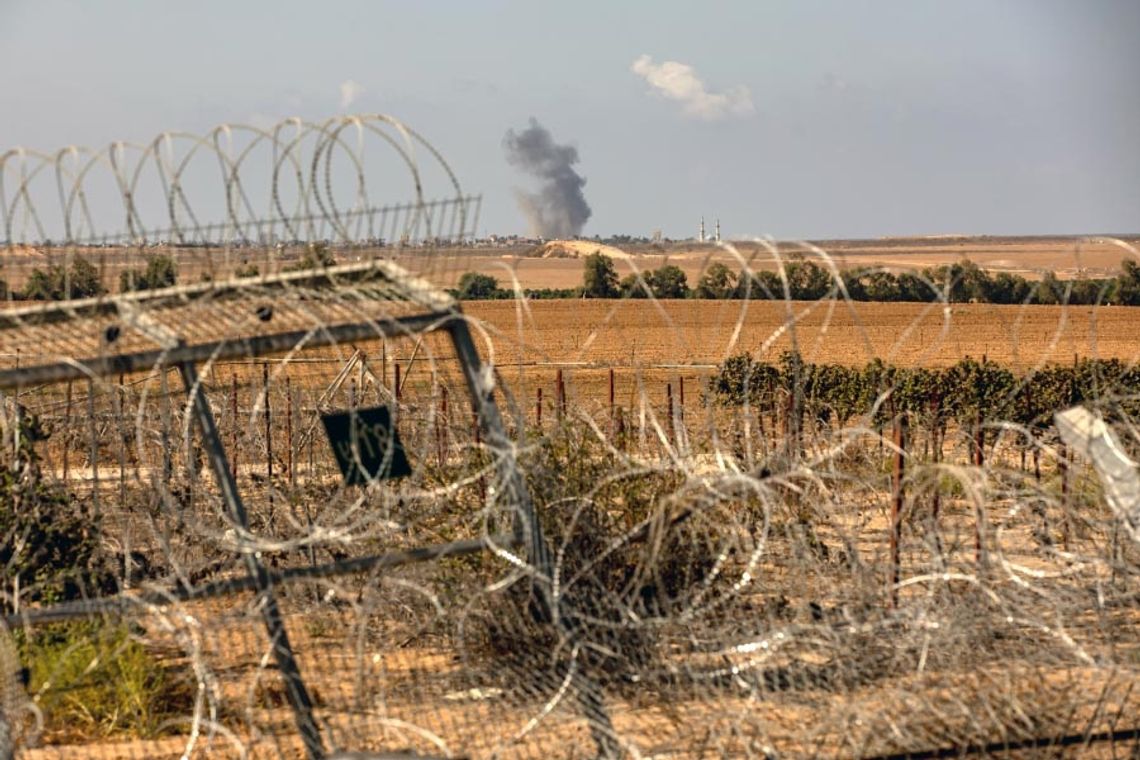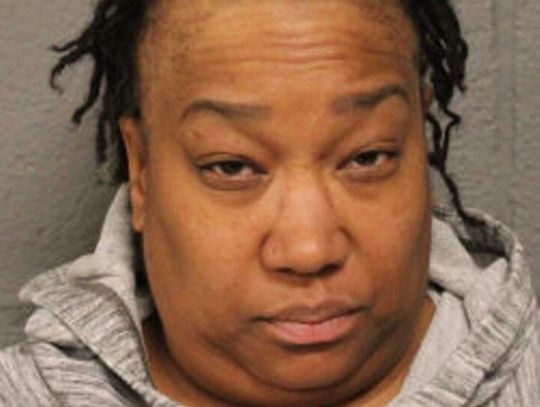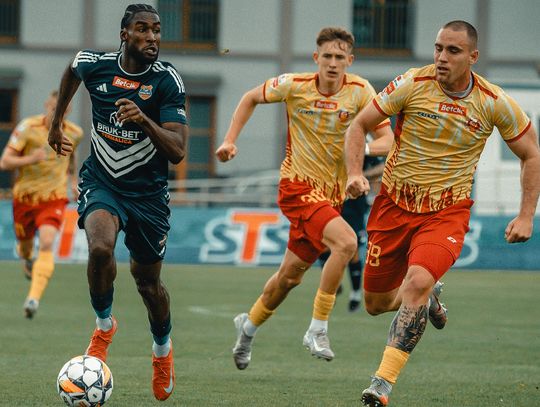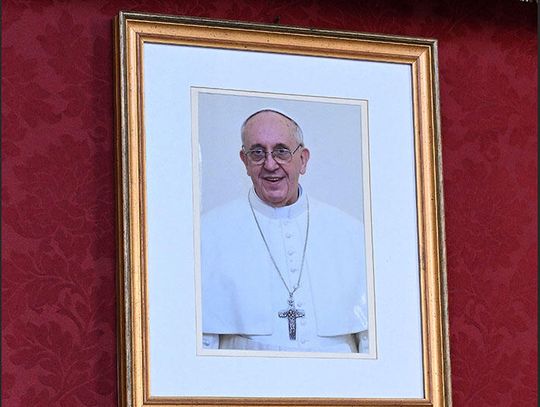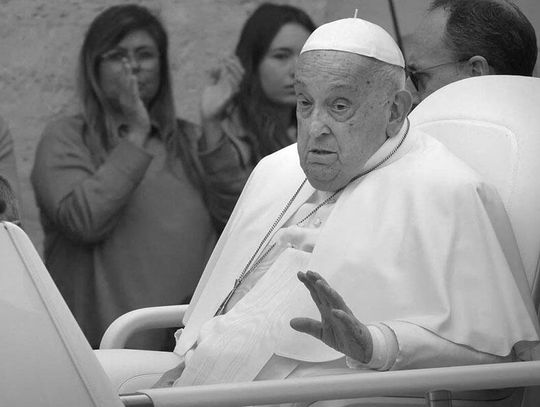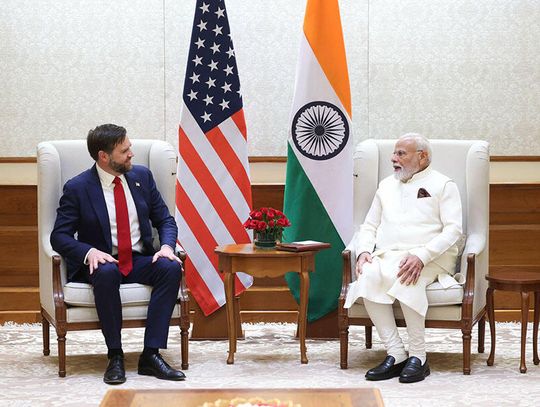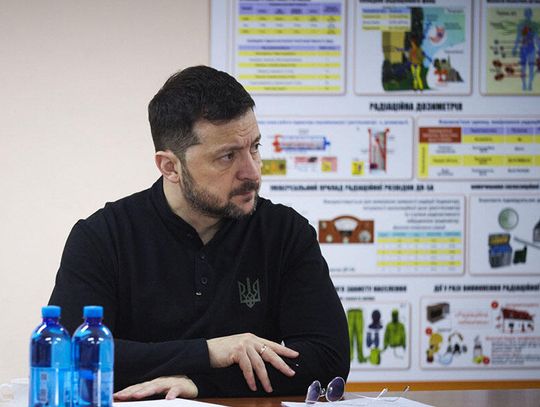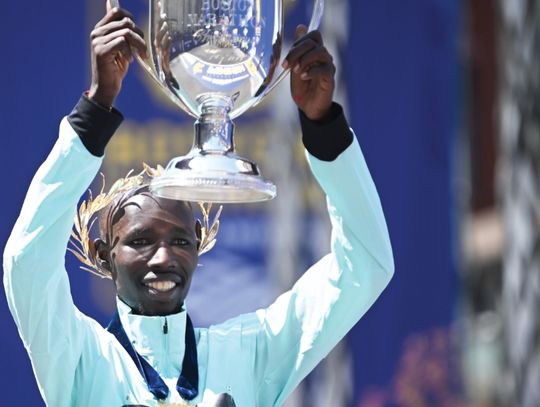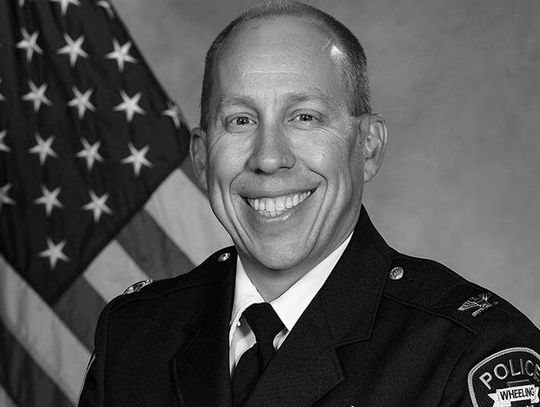Jestem jak wszyscy. Śledzę bieżącą wojnę pomiędzy Izraelem i Hamasem. Od ponad tygodnia czytam o tym, jak Hamas rozrzuca rakiety nad Izraelem, a Izrael bierze odwet własnymi rakietami. Oglądam materiał w telewizji o zniszczeniach w Gazie i Tel Awiwie, zburzone połacie budynków w gruzach na ulicach. Jestem zaszokowany opowieściami cywilów – głównie dzieci – wziętych do niewoli przez Hamas i historiami o tym, jak Izrael odcina Gazę, tak, że nie ma w niej wody, prądu, ani opieki medycznej dla 2 milionów ludzi tam żyjących.
Śledzenie tego wszystkiego mnie przytłacza. Przytłacza mnie także odpowiedź na tę całą przemoc, jaką mają moi przyjaciele. Słyszałem, jak porównują Hamas do Niemców i atak na Izrael do następnego Holocaustu. Słyszałem o tym, że Izrael zasługuje na tę całą brutalność, jaką serwuje Hamas, ponieważ to Izrael prześladował, torturował i zabijał Palestyńczyków od 1948 roku, kiedy powstało państwo Izrael.
Dziś rano odezwał się do mnie przyjaciel, Youssef Anan, który mieszka w Egipcie. Czyta moją poezję o rodzicach cierpiących latami w nazistowskich Niemczech, i chciał wiedzieć, co ja myślę o tej wojnie pomiędzy Hamasem i Izraelem. Czy to Hamas jest jak Naziści, czy Izrael jest jak państwo nazistowskie?
Oto, co mu odpisałem:
Youssef, wojna pomiędzy Hamasem a Izraelem bardzo mnie dezorientuje. Kiedy to Hamas jako pierwszy wysłał swoje rakiety, aby zniszczyły tak dużą cześć Izraela, jak tylko to możliwe, byłem oburzony.
Nie jestem zwolennikiem Izraela od lat. Czytałem o historii Izraela i jego ruchach przeciwko Palestyńczykom. Przez dziesięciolecia widziałem brutalność Izraelczyków wobec ich palestyńskich sąsiadów. Jednym z moich najlepszych przyjaciół był pisarz żydowski. Dzieliliśmy się naszym pisaniem, łamaliśmy chlebem z rodzinami, wspólnie opłakiwaliśmy śmierć krewnych i znajomych. Był prawdziwym przyjacielem, aż do czasu – 4 lata temu, kiedy zacząłem z nim rozmawiać o Izraelu i mojej złości z powodu niektórych jego praktyk w stosunku do Palestyńczyków. Wiedział o moim poparciu dla Żydów i o moich uczuciach związanych z Holocaustem, ale ciągle nie mógł zaakceptować mojej reakcji na to, co robili Izraelczycy. Uważał, że brutalne traktowanie Palestyńczyków było całkowicie uzasadnione.
To zniszczyło naszą przyjaźń. Nie widziałem go, i nie mam wiadomości od niego od 4 lat.
Tak, przez lata sprzeciwiałem się traktowaniu Palestyńczyków przez Izrael. Palestyńczycy wydawali się narodem uciskanym.
Jednakże ostatnie poczynania Hamasu zmieniły to. Nie wierzę w wojny, nie wierzę w zabijanie matek, ojców i dzieci. Wierzę jednak w trudności w komunikowaniu się i rozwiązywaniu problemów. Wydaje mi się, że oboje – zarówno Hamas, jak i Izrael, porzucili komunikację i zamiast tego wybrano wojnę. Izraelczycy nie przestaną zabijać. Hamas też nie.
W tym momencie nie mogę poprzeć ani Hamasu, ani Izraela.
NIe wiem jak, ani czy w ogóle ta wojna się skończy, ale wiem jedno. Głównymi ofiarami będą palestyńscy i izraelscy cywile, matki, ojcowie i dzieci, które tam żyją. To są prawdziwe ofiary tej wojny.
Was Sucks
I’m like everybody else. I’ve been following the recent war between Israel and Hamas. For more than a week now, I’ve been reading about Hamas splattering rockets over Israel and Israel retaliating with its own rockets. I’ve been watching footage on TV of the destruction in Gaza and Tel Aviv, the huge sections of buildings demolished to rubble in the streets. I’ve been shocked by the stories of civilians – mainly children – taken prisoner by Hamas and the stories of how the Israelis are shutting down Gaza so that it will have no water, no electricity, no medical service for the 2 million people who live there.
Following all of this has been overwhelming. What’s also been overwhelming is the response to all of this violence by my friends. I’ve heard them comparing Hamas to the Germans and the attack on Israel as another Holocaust, and I’ve heard about how Israel deserves all the brutality that Hamas can impose because Israel has victimized and tortured and killed Palestinians since 1948 when the Israeli state was created.
This morning I heard from a friend Youssef Anan who lives in Egypt. He’s been reading my poems about my parents suffering under the Nazi Germans for years, and he wanted to know what I made of this war between Hamas and Israel. Is Hamas like the Nazis or is Israel like a Nazi state?
Here’s what I wrote to him:
Youssef, the war between Hamas and Israel confuses me so much. When Hamas first sent its rockets to destroy as much of Israel as it could, I was outraged.
I have not been a supporter of Israel for years. I’ve read about the history of Israel and its movement against the Palestinians. I’ve seen the brutality of the Israelis against their Palestinian neighbors for decades. One of my best friends was a Jewish writer. We shared our writing, broke bread with each other’s families, mourned together over the deaths of friends and relatives. He was a real friend until about 4 years ago when I started talking to him about Israel and my anger at some of its practices when it came to the Palestinians. He knew about my support for Jewish people and my feelings about the Holocaust, but he still could not accept my reaction to what the Israelis were doing. He felt that they were completely justified in their brutal treatment of the Palestinians.
This destroyed our friendship. I’ve not seen him or heard from him in 4 years.
Yes, for years I’ve opposed Israel’s treatment of the Palestinians. The Palestinians seemed like an oppressed people.
The recent actions of Hamas, however, have changed this. I don’t believe in wars, I don’t believe in killing mothers and fathers and children. I do, however, believe in struggling to communicate and resolve problems. Both Israel and Hamas have seemed to abandon communication and instead have chosen war. The Israelis will not stop killing. Neither will Hamas.
At this point, I cannot support either Hamas or Israel.
I don’t know how or if this war will end, but I know one thing. The main victims will be the Palestinian and Israeli civilians, the mothers and fathers and children who live there. They are the true victims of this war.
John Guzlowski
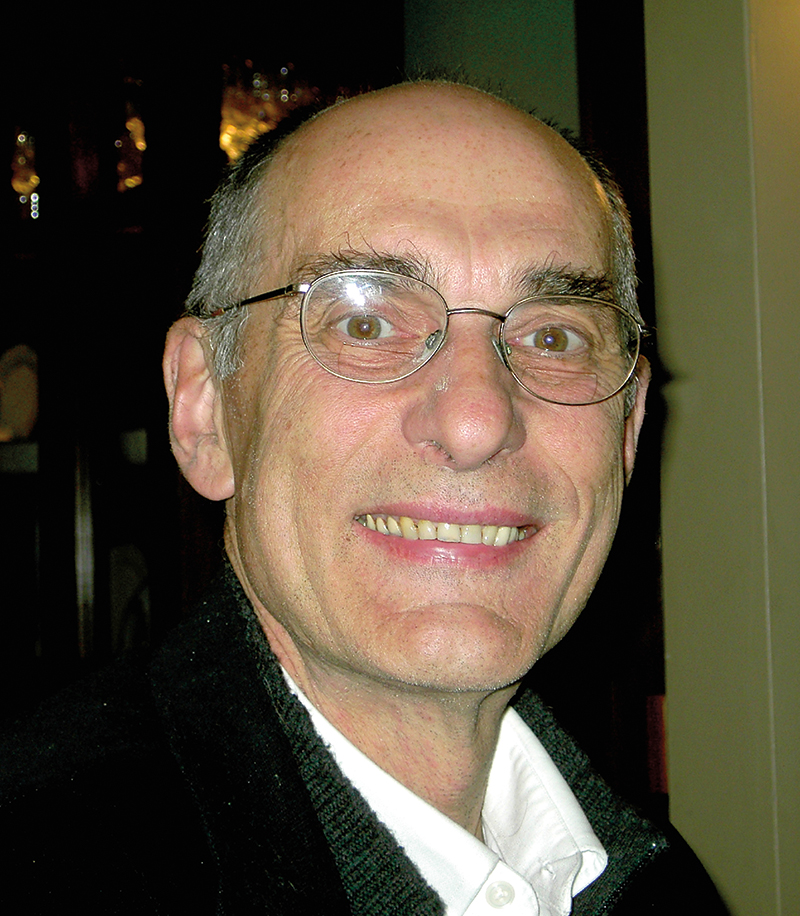
amerykański pisarz i poeta polskiego pochodzenia. Publikował w wielu pismach literackich, zarówno w USA, jak i za granicą, m.in. w „Writer’s Almanac”, „Akcent”, „Ontario Review” i „North American Review”. Jego wiersze i eseje opisujące przeżycia jego rodziców – robotników przymusowych w nazistowskich Niemczech oraz uchodźców wojennych, którzy emigrowali do Chicago – ukazały się we wspomnieniowym tomie pt. „Echoes of Tattered Tongues”. W 2017 roku książka ta zdobyła nagrodę poetycką im. Benjamina Franklina oraz nagrodę literacką Erica Hoffera za najbardziej prowokującą do myślenia książkę roku. Jest również autorem serii powieści kryminalnych o Hanku i Marvinie, których akcja toczy się w Chicago oraz powieści wojennej pt. „Retreat— A Love Story”. John Guzlowski jest emerytowanym profesorem Eastern Illinois University.-John Guzlowski's writing has been featured in Garrison Keillor’s Writer’s Almanac, Akcent, Ontario Review, North American Review, and other journals here and abroad. His poems and personal essays about his Polish parents’ experiences as slave laborers in Nazi Germany and refugees in Chicago appear in his memoir Echoes of Tattered Tongues. Echoes received the 2017 Benjamin Franklin Poetry Award and the Eric Hoffer Foundation's Montaigne Award for most thought-provoking book of the year. He is also the author of two Hank Purcell mysteries and the war novel Road of Bones. Guzlowski is a Professor Emeritus at Eastern Illinois University.


